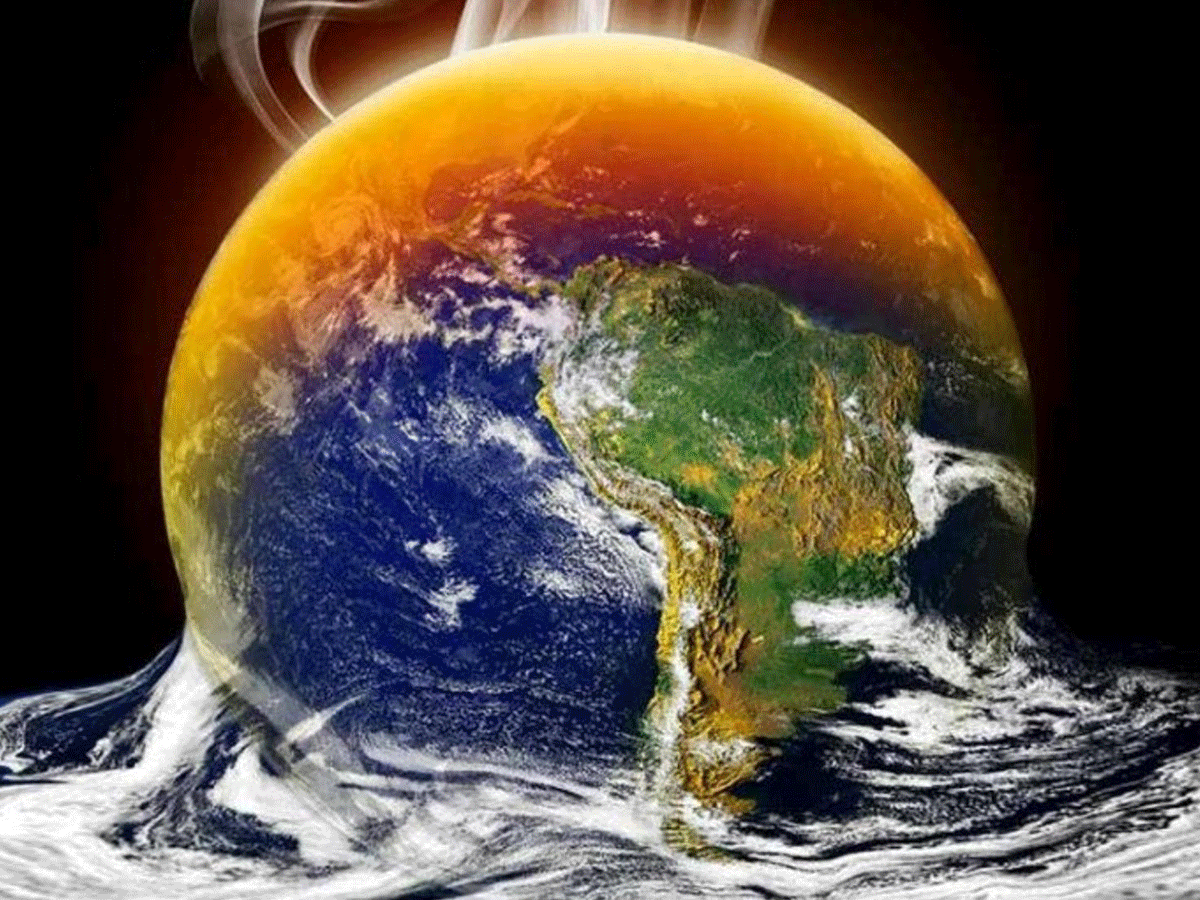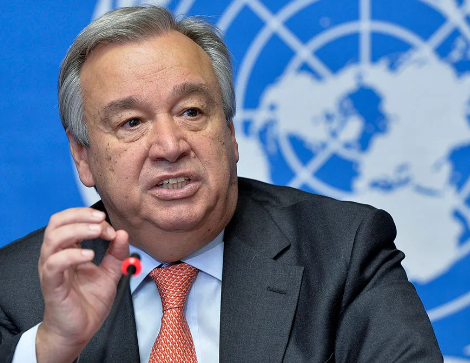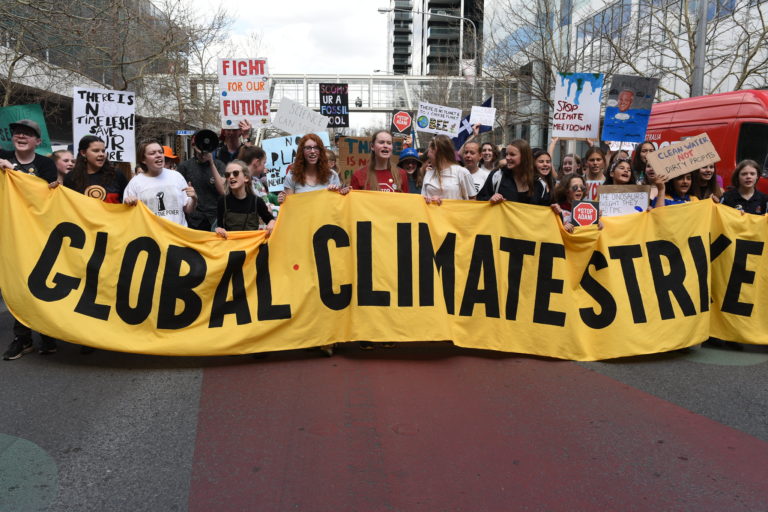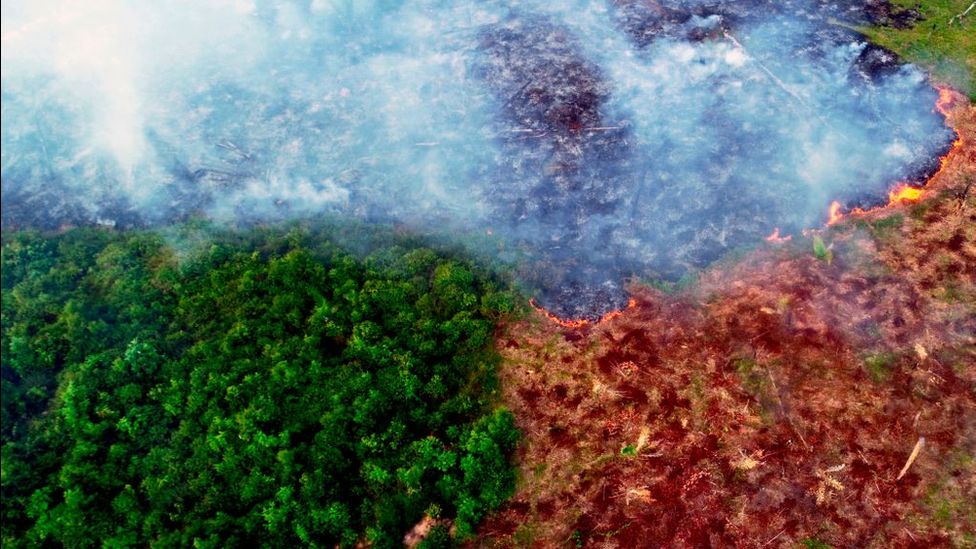
Monsoon 2023 is on the verge of a crucial break, as predicted by the United States' National Oceanic and Atmospheric Administration (NOAA) Climate Forecast System. This hiatus in the monsoon may bring much-needed rain to the eastern regions of India, particularly vital for Kharif paddy production.

The Rhine River in Germany has hit a record low, exposing sandbanks and wrecks. The low water levels are being blamed on climate change, which is causing glaciers to melt and river flows to slow. The Rhine River is the second-longest river in Germany, and it is an important waterway for transportation, drinking water, and agriculture.

In a grave warning to the world, United Nations Secretary-General Antonio Guterres declared that the era of global warming has come to an end, and humanity has now entered an "era of global boiling." This announcement comes amid the confirmation by scientists that July 2023 is set to become the hottest month ever recorded in human history.

In his recent address at the Petersberg Climate Dialogue in Berlin UN Secretary-General Antonio Guterres warned that the world has entered an "era of global boiling."

According to a report by the United Nations Environment Programme (UNEP) and the Sabin Center for Climate Change Law at Columbia University, the number of climate change lawsuits has more than doubled worldwide since 2017, signifying the growing importance of climate litigation in driving climate action and justice. The report, titled "Global Climate Litigation Report: 2023 Status Review," presents a comprehensive overview of climate-related legal cases, highlighting significant breakthroughs in climate policy and justice.

Chief Raoni Metuktire, a prominent Indigenous leader from the Amazon, has called upon Brazil's President Luiz Inacio Lula da Silva to defend the rights of Indigenous people and protect the Amazon rainforest. In a letter, Chief Raoni demanded the removal of "invaders" from Indigenous territories and criticized the exclusion of Indigenous people from discussions on carbon credit negotiations. He urged the government to respond to 11 specific requests by August 9, coinciding with the Amazon summit attended by South American heads of state in Belem. The letter was presented to the minister of Indigenous peoples at an event attended by members of various ethnic groups.

Recent data obtained by the Liberal Democrats indicates that the UK's plans for rail electrification are woefully insufficient to meet the country's net zero emissions goal by 2050. The figures show that over the next three years, the UK is set to electrify only 162.5km (101 miles) of railway track, which is a mere 12% of what is estimated to be required during that period to align with the net zero target. To stay on track for net zero, approximately 448km of rail should be electrified each year, necessitating an eightfold increase in current plans.

A pioneering project in the Dutch city of Bolsward seeks to utilize the residual warmth from the extinct Zuidwal volcano, lying deep beneath the Wadden Sea, to provide sustainable energy to local homes. Spearheaded by Stichting Ontwikkeling Geothermie Friesland (Stogef), a community initiative, the plan aims to reduce reliance on wind turbines and tap into geothermal energy for a more reliable and constant power source. With the Netherlands possessing extensive subsurface data from its history as a major gas extractor, researchers have discovered a layer of porous stone with temperatures reaching approximately 90°C, making geothermal energy an attractive option.

In a thought-provoking article, Rebecca Solnit addresses the defeatist mindset that permeates discussions about the climate crisis. She highlights the disheartening trend where some people confidently proclaim that climate change is inevitable and that efforts to combat it are futile. This defeatism, Solnit argues, leads to a lack of motivation and action, ultimately contributing to the very outcomes they fear. She emphasizes the need to distinguish between valuable warnings, which call for action to prevent negative consequences, and prophesies, which assume a predetermined outcome.

1 Java Street, a new residential building in Brooklyn, New York, is set to become the largest multifamily development in the state—and potentially the country—to utilize a cutting-edge geothermal heating and cooling system. Developed by Lendlease, the 834-rental apartment building aims to achieve net-zero greenhouse gas emissions and reduce carbon output by around 55%. Geothermal technology harnesses the Earth's stable temperature below ground to efficiently cool and heat the building spaces and water without relying on traditional HVAC systems and natural gas.